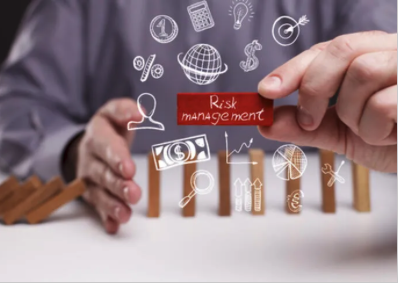
What is the best piece of advice you could give to those in the claims industry for managing risk in a time of global uncertainty?
It’s certainly been a roller coaster few months and the situation is changing rapidly, it can be difficult to keep up!
When the outbreak began and the country was put into lockdown in March, the issues our industry had to first deal with was the impact arising from supply chain disruption and the restrictions around entering homes and travel.
Once we established that risk and put adequate processes in place to ensure customers and colleagues were safe by the use of PPE, social distancing measures and the like, we then had to look at how we ensure our teams can still get around the country, by relocating a number of our units. Supply chain issues were trickier, but by using independent traders we found that we were able to overcome a lot of the obstacles
These were just some of the obstacles we at DASA dealt with, there were huge changes to everyone’s business and operating model, but we all learnt quickly and put procedures in place to ensure we could continue at almost ‘business as usual’ levels.
There are a host of new risks arising now. At DASA one of our current concerns is the fact that claims managers are all still working from home seven months in. This makes collaboration very difficult as we want to look ahead and strategise. Finding new business is also harder to achieve. This would usually involve meeting for coffees or lunch and getting to know that business and the people that work there, which is obviously impossible to achieve in the current climate
There is also the concern of financial volatility. Insurers are under great pressure to ensure claims are managed in the most cost-effective way, however as supply prices increase, companies need to ensure that they are able to manage this.
The best piece of advice I can give, is to ensure you are constantly reviewing your key objectives and priorities in light of the current information. Yes, this means that you will constantly re assessing and reviewing and coming up with new and innovative ways to adapt. But, if you can keep on looking ahead to changing world you can flex and prepare as best as possible, looking at business continuity plans for all situations so that you have a plan in place for most eventualities.
We all had to adapt quickly seven months ago, but now we have the time and the insight to ensure that we prepare for a host of eventualities, we’ve done it before we can certainly do it again.
